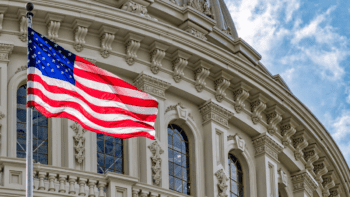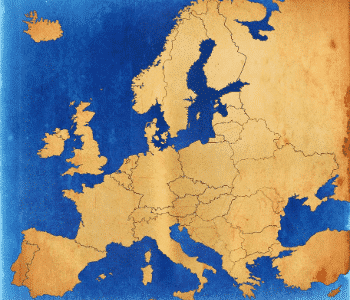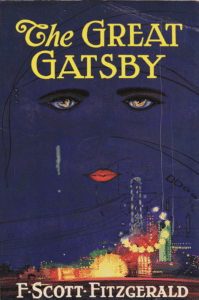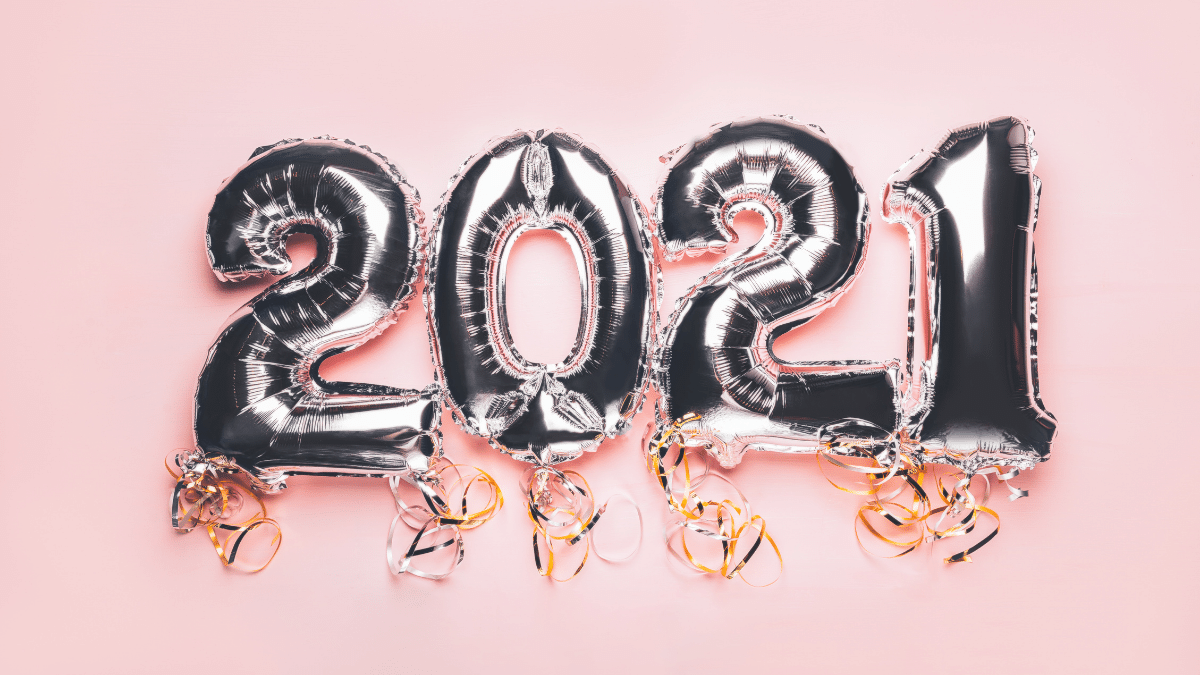5 Copyright Stories to Watch in 2021

2020 was a bizarre year. Of that there can be no doubt. The COVID-19 pandemic touched every aspect of our lives and copyright was no different.
That said, it was still a busy year for copyright news and rulings. The Led Zeppelin Stairway to Heaven lawsuit reached its conclusion and was likely the most-followed copyright story of the year.
Also, in the music industry, the Katy Perry Dark Horse was overturned and multiple lawsuits were filed against the Trump campaign over the unauthorized use of music at his events. Peloton and the NMPA also settled their dispute while Twitch found itself buried under a slew of music-related takedown notices.
2020 also was book publishers uniting to file a lawsuit against The Internet Archive over their “National Emergency Library”. Meanwhile, VidAngel reached a settlement in their case over their streaming service.
However, the biggest stories from 2020 may be the ones we haven’t seen the fruits of yet. Like most years, much of the news in 2020 was about setting the stage for a very active 2021.
To that end, here are five copyright stories or trends to watch in 2021.
1: The Impact of the CASE Act

Back in May 2019, we took a deep dive into the Copyright Alternative in Small-Claims Enforcement (CASE) Act. In short, the act sets up a copyright small claims court that can hear cases with damages capped at $15,000 per work and $30,000 total.
While the act seemed to have been defeated, it made a surprise resurgence in the final weeks of 2020 as it was included in the omnibus spending bill that included, among others COVID-19 relief. That bill was passed by both the Senate and the House of Representatives and was signed into law by President Trump shortly after the new year
The implementation of this law will take place over the course of 2021. Whether we’ll see the first small claims cases filed in 2021 is difficult to predict but the implementation and impact of this law is going to be crucial to follow through the year.
Also included in that spending bill was the Protect Lawful Streaming Act (PLSA) that makes high-level commercial streaming a felony offense, much as it is for download services now. This law is not likely to see drastic impacts because of the high bar for criminal copyright infringement and how rarely the criminal copyright infringement code is used.
Still, we may see the first prosecutions under the PLSA as illegal streaming services become targets for criminal action.
2: Oracle v. Google Fallout

First filed in August 2010, the Oracle v. Google case has been going on for over a decade and is making its second trip to the Supreme Court with arguments being heard in October 2020.
The case centers around Google’s implementation of the Java programming language in their Android mobile operating system. According to Google, they recreated the language from the ground up but Oracle, which owns and licenses Java, noted that Google copied their APIs to ensure that existing Java applications could run in Android.
There was already a round that looked at the copyrightability of APIs. There the United States Court of Appeals for the Federal Circuit found in favor of Oracle, ruling that APIs can qualify for copyright protection. The Supreme Court declined a petition to address that matter. However, that still raises the issue of fair use, which the court did not rule on.
The fair use phase of the case has continued, and the Appeals Court once again ruled in favor of Oracle, saying that it was not fair use. However, the Supreme Court took up this case and hearings were held in October 2020. A decision is expected soon.
This one is major for two reasons. First, APIs are a crucial part of software development and Supreme Court ruling either way will have drastic impacts on how software is made. Second, ANY fair use-related decision from the Supreme Court has the potential to be a major ground shift.
The decision is expected shortly, and it will likely be one of the biggest copyright stories of the year.
3: EU Copyright Reform Impacts

Passed in March 2019, the controversial EU copyright reforms will take full effect in March of this year.
The we’ve already seen some nations in the bloc implementing the rules into their national code, France notably taking the lead, the specifics of implementation are still very much up in the air. This is doubly true with the EU Commission attempting to soften some of the law’s more controversial provisions.
The EU Copyright Directive was deeply controversial in 2018 and 2019 due to two provisions, one of which would require large service providers to proactively filter out allegedly infringing material and another that would create a new right for headlines, thumbnails and snippets, often called the “link tax”.
Countries have until March 7 to fully implement the law though much of the details of how it will be enforced is unknown. The EU will be a party to watch this year as the fallout from these new regulations are finally felt worldwide.
4: AI and Copyright

This is admittedly me cribbing from my 2020 post but it’s something that bears repeating. As interest in artificially created works continues to rise, so will interest in the copyright issues those works create.
We saw some of this last year with the U.S. Copyright Office and the World Intellectual Property Organization teaming up to host an event on the subject.
The U.S. Copyright Office has also made it clear that they will only register works created by a human but that raises questions of when does a work go from being human-created to being bot-created.
Right now, the AI tools are primitive enough that it really isn’t an issue. A human is still fully in control of the creativity. However, great strides are being made constantly and it may not be long before we’re faced with the question of “Where did the creativity actually come from?”
These are thorny issues that deal more with philosophy than law but they are about to become very serious legal questions and 2021 could be the year we start asking them with urgency.
5: A Potentially Commercial Public Domain

The Copyright Term Extension Act of 1998 effectively prevented new works from entering the public domain for 20 years. This means that, between 1998 and 2018 no new works entered the public domain the United States.
New works started entering again in 2019 but the 2019 and 2020 public domain selections (representing works published in 1923 and 1924 respectfully) were not exactly bumper crops for commercial use.
It wasn’t that the works in those years weren’t great and important works of art, music, film and literature, but that few had any significance 95 years later. In 2021, that changes.
This year’s public domain lineup his headlined by F. Scott Fitzgerald’s The Great Gatsby, which saw a major theatrical release as recently as 2013. The book has been required reading for students all over the country and familiarity with it remains extremely high.
So what is going to happen next? Though the internet was around in 1998, it was hardly the beast it is today. Will we see a slew of remakes and adaptations? Will there be commercial exploitation of the work? Or, will we just see free copies of it appear on eBook sites and little else change?
That will be exactly what to watch over the coming year. The answer may give us clues as to what will happen in 2024, when Steamboat Willie enters the public domain.
Bottom Line
Obviously, this list could be much, much longer. There are a lot of important copyright news stories unfolding right now that will either come to a head in 2021 or soon thereafter.
All that being said, one of the great lessons from 2020 was the futility of predicting the future. So, in that spirit, I offer no predictions. Instead, I simply point to these areas as things to watch in the new year.
If there’s one prediction that I can safely make, it’s that 2021 will be an important year for copyright law, just as 2020 was and every year prior.
A lot will likely happen in the next 360+ days and the only promise I can make is that I will be here to do my part to help cover and explain it.
Here’s to the new year and here’s hoping we finally get to close the books on 2020 for good.
Want to Reuse or Republish this Content?
If you want to feature this article in your site, classroom or elsewhere, just let us know! We usually grant permission within 24 hours.
